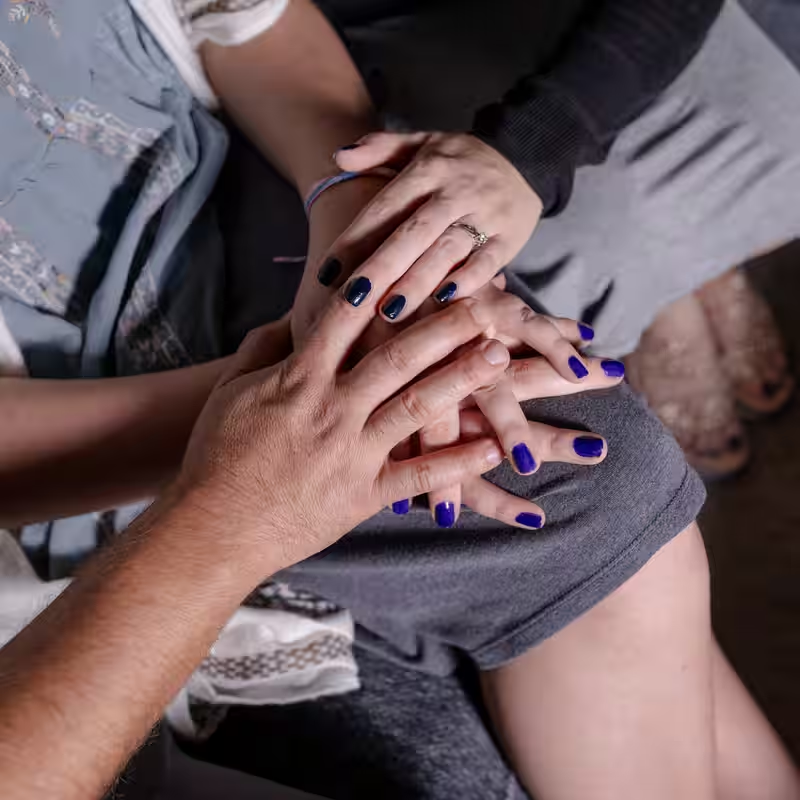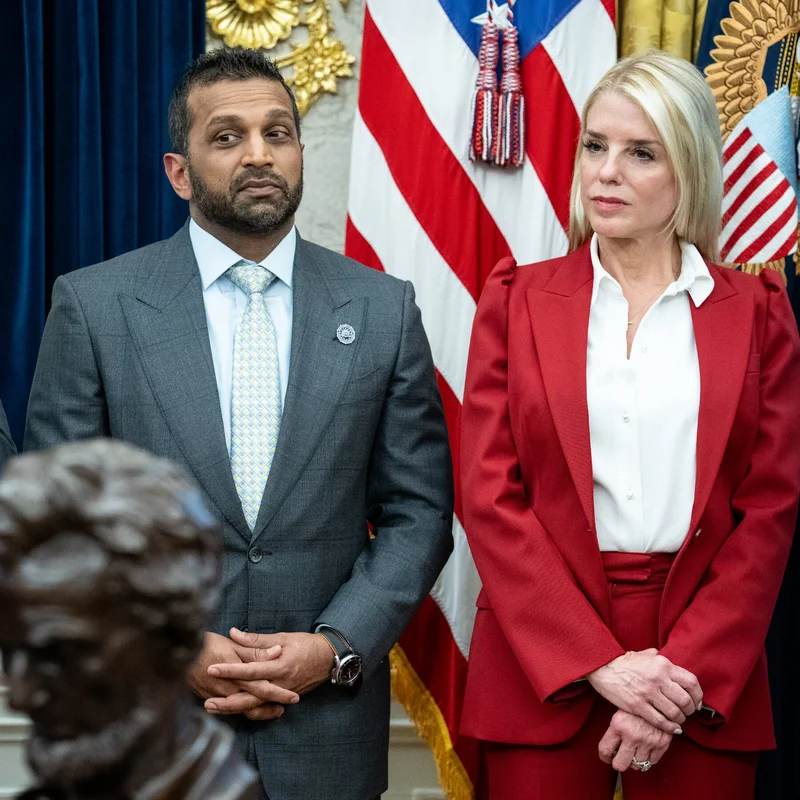In classrooms across Texas, LGBTQ teenagers are walking a tightrope. Under a sweeping new state law that took effect this fall, public schools can no longer sponsor gay-straight alliances (GSAs), gender-inclusive clubs, or provide any form of support for students undergoing social or medical gender transitions.
But how the law is enforced—and whether it’s enforced at all—depends less on the statute and more on the politics of the school district.
A Patchwork of Enforcement
In conservative suburbs like Keller and The Woodlands, GSA clubs have vanished overnight. Posters promoting Pride Month have been torn down. Teachers say they’ve been warned not to use students’ preferred pronouns unless a parent signs a formal waiver.
Yet in more progressive districts like Austin ISD and Dallas’s Highland Park, some clubs still meet quietly under vague names like “Diversity Alliance” or “Peer Support Group.” Counselors continue to offer discreet guidance—though they now do so without official backing or protection.

What the Law Actually Says
Senate Bill 14, signed by Governor Greg Abbott in June 2025, prohibits public schools from:
- Sponsoring or funding any student organization “promoting sexual orientation or gender identity”
- Assisting a student with “social transitioning,” including name or pronoun changes, without written parental consent
- Allowing staff to “facilitate” access to gender-affirming resources
Violations can trigger state audits, funding cuts, or even criminal penalties for repeated “willful noncompliance.”
District Responses Vary Widely
| District | Policy Approach | Club Status |
|---|---|---|
| Austin ISD | “Interpreting law narrowly”; clubs operate under new names | Unofficially active |
| Houston ISD | Complying but offering mental health referrals through third parties | GSAs suspended |
| Keller ISD | Zero tolerance; all LGBTQ-related activities banned | Clubs disbanded |
| El Paso ISD | Partnering with local nonprofits for off-campus support | No school-sponsored clubs |
Students Speak Out
“I used to feel safe at school,” said Maya R., a 16-year-old transgender student in Fort Worth who asked to use a pseudonym. “Now I’m scared to say my name out loud. My teacher calls me by my deadname unless my mom emails every week.”
For many LGBTQ teens, school clubs were lifelines—places to find peers, discuss mental health, and simply exist without fear. With those spaces gone, anxiety and isolation are rising.
“We’re not asking for special treatment,” said Jordan T., a nonbinary sophomore in San Antonio. “We just want to be seen.”
[INTERNAL_LINK:LGBTQ Youth Mental Health] experts warn that restricting affirming environments in schools correlates with increased rates of depression, self-harm, and suicide among LGBTQ adolescents.
Legal Challenges Brewing
Civil rights groups, including the ACLU of Texas and Lambda Legal, are preparing lawsuits arguing the law violates students’ First Amendment rights to free speech and assembly, as well as equal protection under the 14th Amendment.
“You can’t erase a child’s identity with a statute,” said attorney Elena Martinez, who’s representing several families. “This isn’t about policy—it’s about dignity.”
What’s Next?
As the school year unfolds, families are making tough choices: stay and fight, transfer to private schools (if they can afford it), or homeschool. Meanwhile, some teachers are quietly creating “safe corners” in classrooms—books with queer characters on shelves, discreet ally pins on lanyards.
In a state as vast and divided as Texas, the battle over LGBTQ youth isn’t just happening in courtrooms—it’s playing out in hallways, cafeterias, and homerooms, one silenced club at a time.
Sources
The New York Times: “Texas L.G.B.T.Q. Teenagers and Families Navigate a Public School Clampdown”




